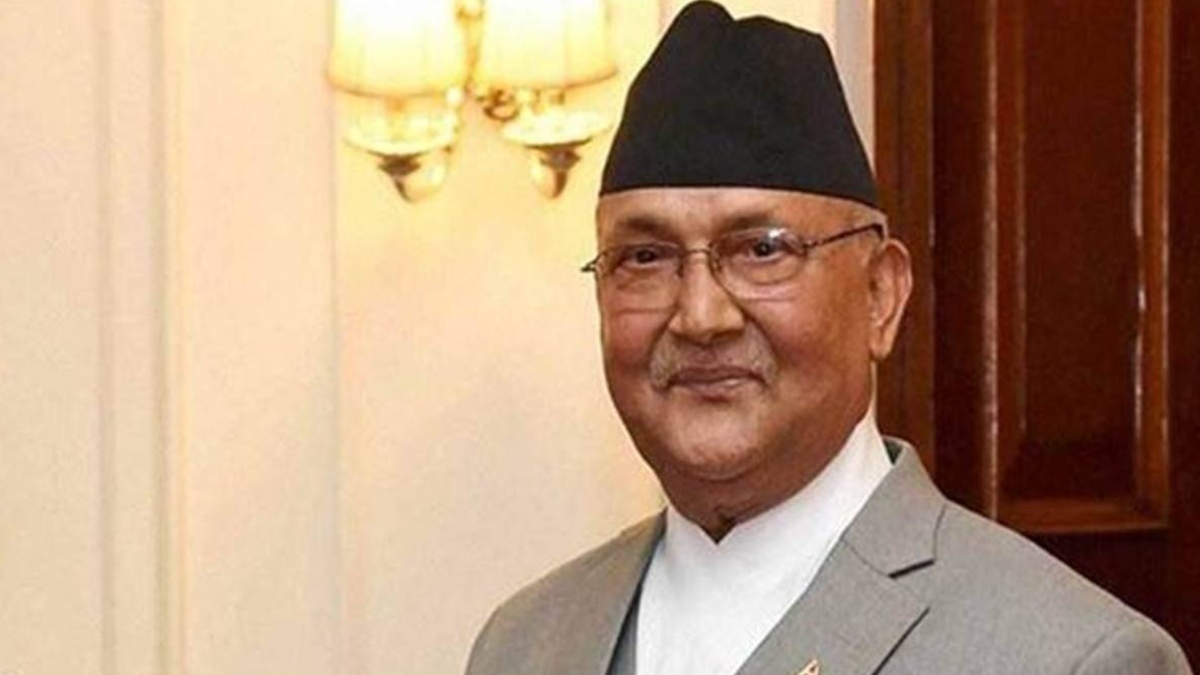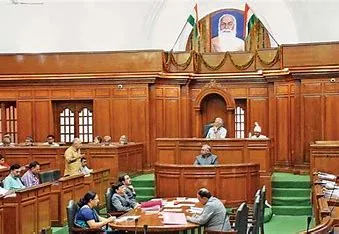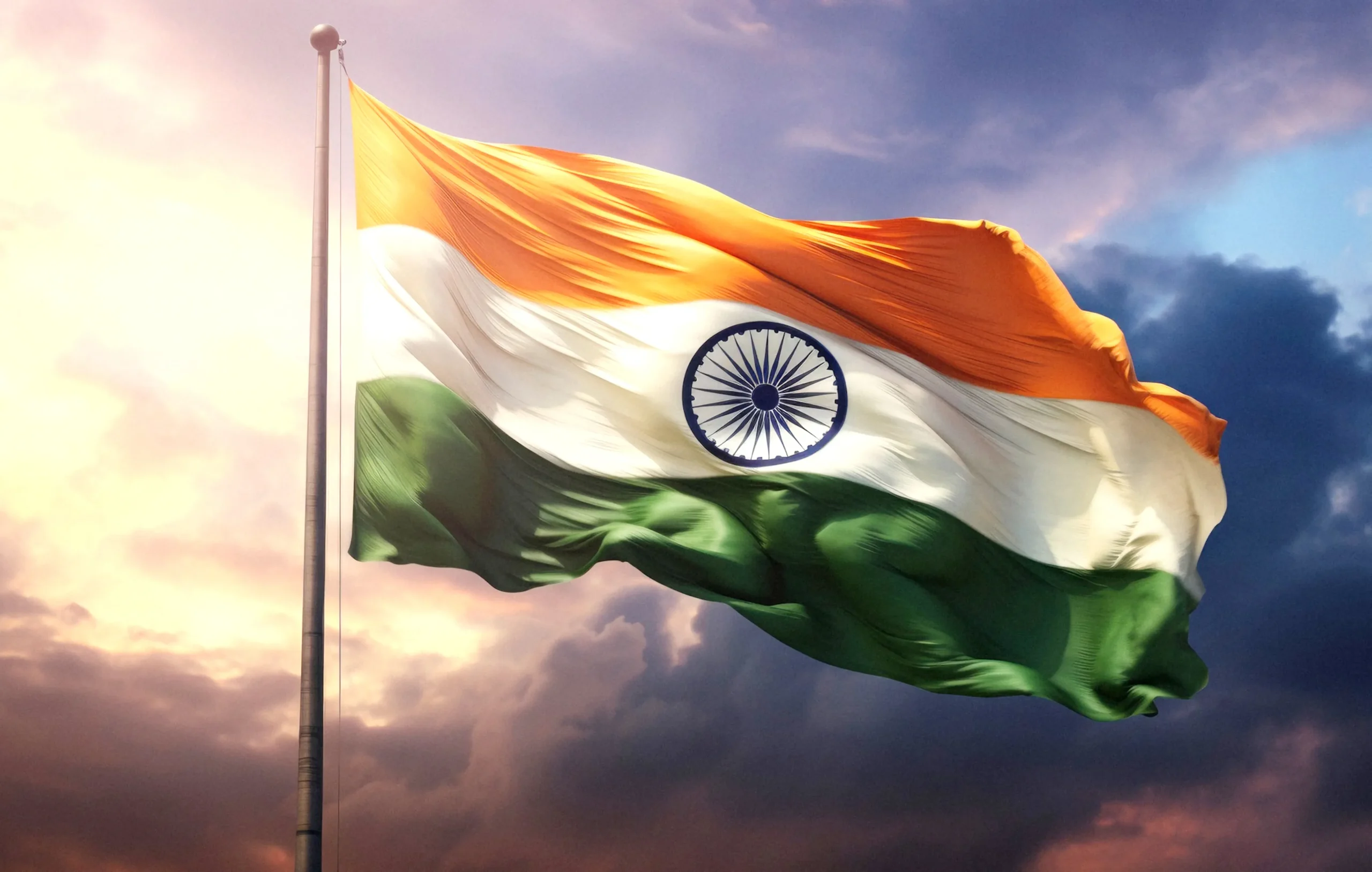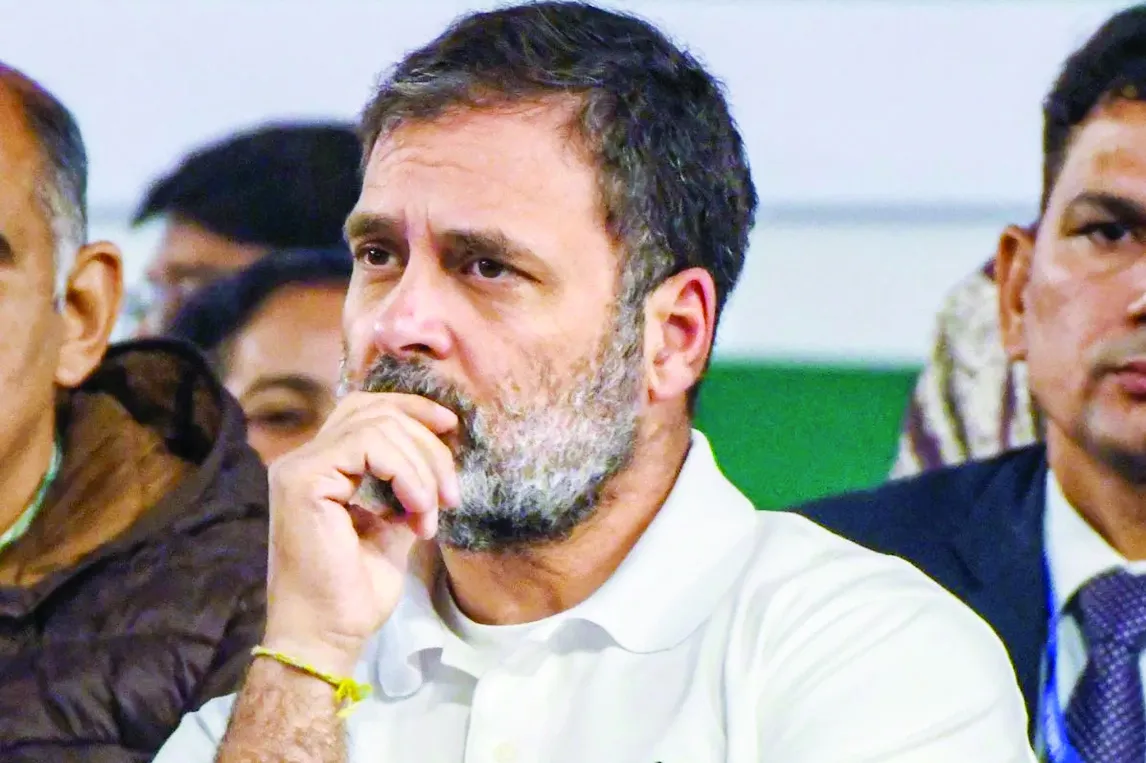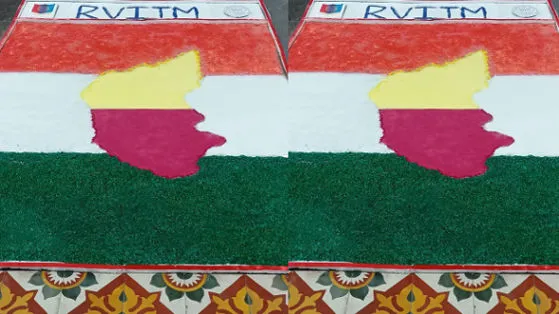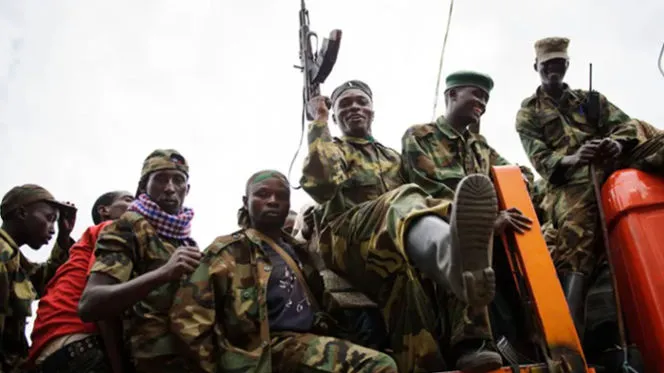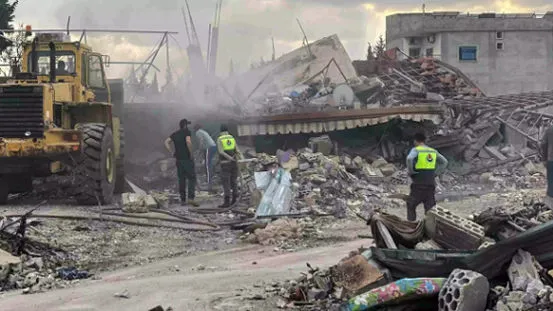For the last one week the political scenario in Nepal has been taking an astonishing shape. The world may not consider it very significant but India is certainly deeply concerned with the ups and downs in the political mood of the Nepalese House of Representatives (Parliament). Historically, it is a fact that India and Nepal have the closest fraternity and it would be better to say that the two countries are identical twins with regard to their religio-cultural fabric.
The people of both countries have been enjoying psychological oneness. The religious faith system has been primarily observed in both countries on the central teaching and tenets of sanatan dharma. The physical boundaries did never take place in the mental spheres of the people in these two countries. In this way India and Nepal have been enjoying the national life in one vein. It happened so because of the prime location of Nepal between India and China. The people of Nepal en masse have a complete inclination towards India and never thought of Chinese affinity.
With the establishment of modern democracy in India, the democratic politicians of Nepal organised a movement for building a democratic Nepal on the pattern of the Indian parliamentary system. The most dependable leadership of this campaign in Nepal was guided by the leaders of the Nepali Congress, especially under the leadership of the Koiralas. Apart from Nepali Congress the other political parties based on the ideologies of liberal democracy and communism made their presence. The leaders of Nepali Congress launched their activities on the pattern of the activists of Socialist Congress (Socialist Party of India). But the so-called leftist leaders of Nepal were looking towards the Maoist ideology and claimed to be radical communists. The king’s dynasty in Nepal reluctantly preferred the Nepali Congress to communists. The collective mind of the people of Nepal also showed a greater inclination towards the Nepali Congress. After a long movement of over 50 years the Nepali Congress succeeded in persuading the political clusters to come on one platform and formulate a constitution with consensus to establish and run the democratic polity. The beginning of the last decade of the twentieth century could make it possible and thus a constitution consisting of a democratic ethos could take a concrete shape. The leaders of the Nepali Congress enjoyed the office of the Prime Minister through the electoral process.
Nepal shifted from dynasty rule to democratic polity on the pattern of the Indian parliamentary system. The people of Nepal were enjoying the privilege of a peaceful parliamentary system but the communists in Nepal, loyal to China, were trying to grab power. The peace-loving people of Nepal could not sense the unpatriotic gesture of the leftists in Nepal. In the recent past some unprecedented natural calamities and disasters shattered habitations in Nepal. India extended a helping hand with all sincerity but failed to show the posture of appreciable engagement. The clever Chinese government helped Nepal less than India but succeeded in establishing her enthusiasm to provide welfare measures in Nepal during the miseries. The communist clusters also took benefit of the situation and got an edge over India. The opponents of dynasty rule and democratic rule run by the Nepali Congress leaders took advantage by persuading the simple Nepalese people to appreciate the Chinese welfare craft.
In this way K.P. Sharma Oli capitalised on the favourable opportunities of the Nepali Congress’ weakening and designed interventions by China and took over the office of the Prime Minister in Nepal. For the first time, from 11 October 2015 to 3 August 2016 and again from 15 February 2018 to 10 May 2021, his status was turned to that of a caretaker prime minister after he lost a vote of confidence in the House of Representatives.
The opportunist and clever China won the goodwill of the simple and sane Nepalese people through Oli’s regime. The Oli government never took the welfare of Nepalese people on its agenda and only worked as a shadow government of the Chinese president. Throughout his regime Oli was engaged only in manipulating the mindsets of the people of Nepal towards the Chinese choice. Oli did not care for long, natural bonding between the peoples of Nepal and India. The people of Nepal and their representatives in different parties and even some nationalist communists in Oli’s block realised what China had its eye on.
Now the people of Nepal and their patriotic representatives have exposed the selfish loyalty of Oli to China. The fraternal bonding between India and Nepal was being harmed by him, bringing great change in the minds and moods of people and their representatives towards Oli and China. It seems that the combined blessings of god Pashupath Nath and god Vishwanath have saved Nepal from cruel Chinese paws. The extreme state of disruption and depression being faced by Nepalese people during Oli’s regime compelled them and their representatives to reject Oli and finally, on 10 May 2021, Oli lost his majority in the House of Representatives.
Though Oli has reappointed as the PM after the Opposition failed to secure majority seats in Parliament to form a new government, a new dawn has become visible which bears plenty of opportunities for the people of Nepal, their development, their autonomy and their religio-cultural happiness. Apart from immense favourable moments for Nepal, a ripe moment has come for the people and power of today’s India too. India must have an agenda of generating fresh faith in the minds of the Nepalese people and power. The new political upsurge in Nepal must be capitalised upon by India and ensure as top priority that India is the true elder of Nepalese people and sovereignty.
Let us celebrate this upsurge of political purification in Nepal unitedly.

